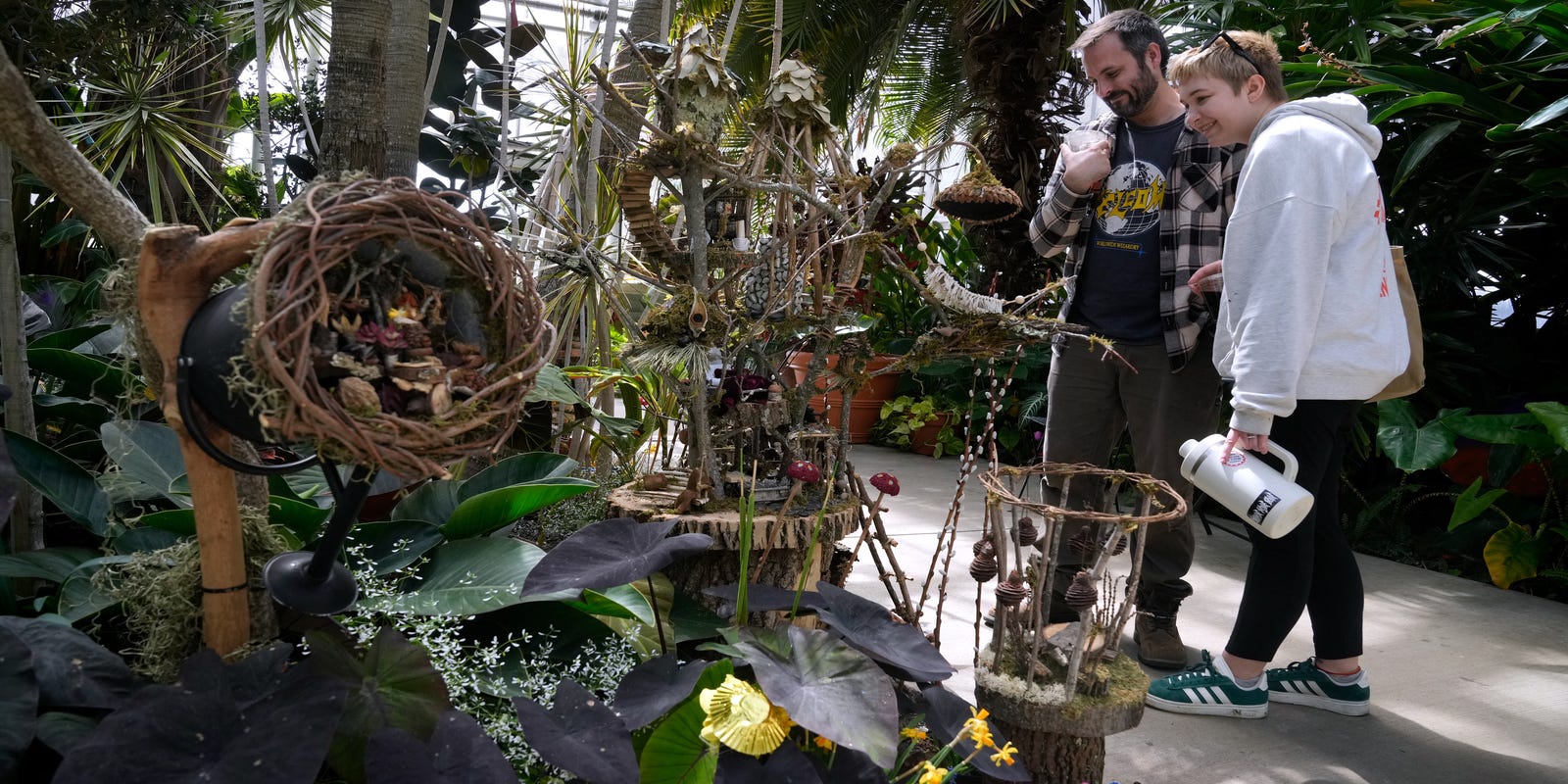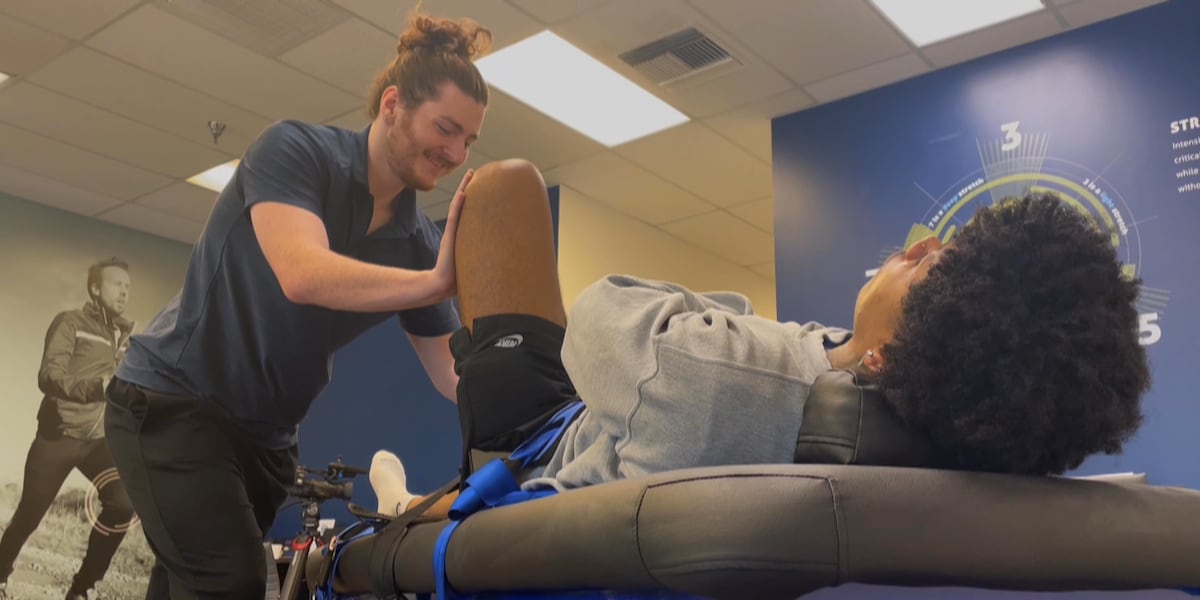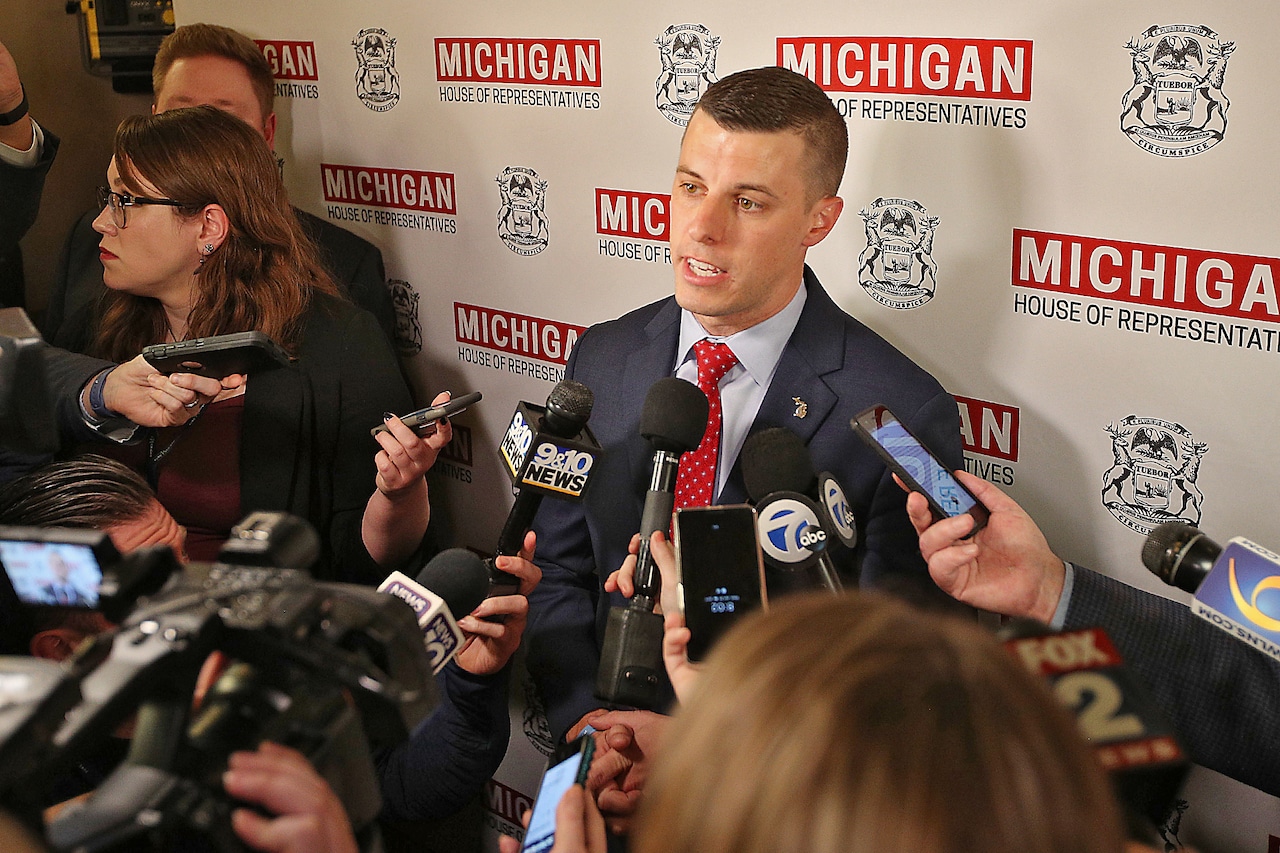Lights, Campus, Action: The Ultimate Freshman Flick Guide to College Life

Stepping onto campus for the first time is like witnessing nature's most profound transformation. Just as autumn leaves gracefully transition from vibrant greens to warm, rich hues, new college students experience their own remarkable metamorphosis. The journey of beginning college is a whirlwind of change—swift, intense, and utterly transformative. Every moment pulses with potential, every experience reshaping your understanding of self and the world around you. Like those leaves letting go of their summer identity, you too are shedding familiar patterns and embracing a new chapter of personal growth and discovery.








